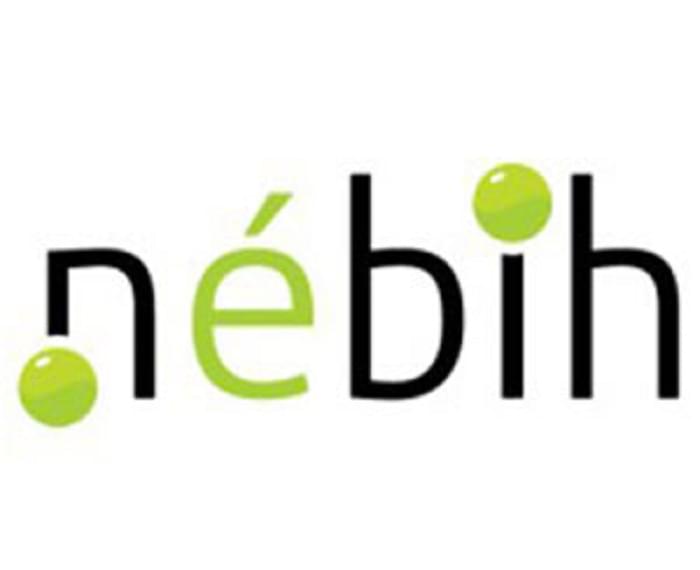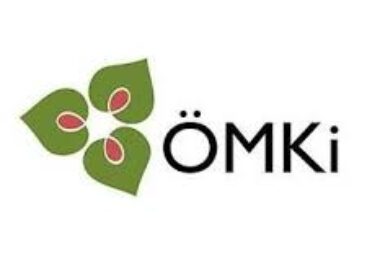Results of the first phase of summer inspections have arrived
The first phase of the summer seasonal inspection has been completed. Under the coordination of the National Food Chain Safety Office (Nébih), government agencies and Nébih experts conducted more than 160 inspections. The inspectors inspected summer equestrian camps, spritz terraces, producers of meat products intended for grilling, mineral water bottlers and soda water producers, and vendors at local farmers’ markets. Among other things, proceedings were initiated against five equestrian camps and one company carrying out unauthorized activities, and 1.3 tons of expired, unlabeled and untraceable food were withdrawn from circulation in one plant.

The first phase of the summer seasonal inspection has concluded with favorable experiences. The aim of the inspections, which have been ongoing since July 15, is to ensure compliance with regulations, food safety, and animal welfare aspects at all stages of the food chain during activities related to the summer period.
Experts from the county government offices examined the production process of prepared meat and meat products intended for grilling in 32 domestic plants, among others
The products inspected included grilled sausages intended for heat treatment, cured meats and fried sausages. During the inspections, in addition to general hygiene conditions, the inspectors paid special attention to the storage of raw materials and finished products, traceability, allergen management, the adequacy of markings, as well as the fulfillment of entrepreneurial self-inspections and the existence of production documentation. The majority of the enterprises met the legal requirements, but some facilities had minor deficiencies that could be remedied within a short period of time. Action had to be taken at one trader for the production of prepared meat products without a license, while 1.3 tons of expired, unmarked and untraceable food were withdrawn from circulation at another facility.
The county veterinarians also inspected 25 equestrian service facilities nationwide
A total of 413 horses were inspected, as well as the related documents. In five cases, official proceedings were initiated, typically due to the horses not being marked and lacking a horse passport, failure to perform mandatory screening tests, the horses not being suitable for equestrian services, and the lack of notification of service activities. During the inspection series, the authority also examined the operation of 30 farmers’ markets and the activities of small producers selling there A favorable experience was that the hygiene conditions were ensured, the sellers had documents proving their health suitability, and a FELIR identifier. Some primary producers sold without small producer registration, but upon request from the authority, they replaced the notification within a short time. There were also deficiencies in product labeling and records, which the producers had to correct immediately.
Among the priority targeted inspections of the summer season is the inspection of mineral water bottlers and soda water producers
The authority’s experts conducted on-site inspections in 51 facilities. In most facilities, they found adequate hygiene and technical conditions, an up-to-date HACCP system, regular water tests and cleaning practices. In some plants, the authority revealed, among other things, hygiene, documentation and labeling deficiencies, and the procedures are ongoing. A serious food safety risk did not arise in any case.
A total of 33 catering establishments in ten counties were inspected by government offices and Nébih wine inspectors
In all cases, the wines used as the basis for the spritzes had a marketing identifier, and their traceability was ensured. The necessary invoices and accompanying documents were available, most of the wines were bottled and stored refrigerated. It can also be said that hygiene conditions were ensured, hand sanitizer and disinfectant were available everywhere. Overall, the wine terraces met the requirements set out in the legislation, and the quality and traceability of the base wines were in order everywhere.
AM
Related news
SIRHA Budapest 2026 – The biggest domestic celebration of the HoReCa sector
🎧 Hallgasd a cikket: Lejátszás Szünet Folytatás Leállítás Nyelv: Auto…
Read more >Organic Agricultural Research Institute: Hungarian apples are safe
🎧 Hallgasd a cikket: Lejátszás Szünet Folytatás Leállítás Nyelv: Auto…
Read more >Related news
Tesco sets out store expansion plans in 2026 including five former Amazon Fresh sites
🎧 Hallgasd a cikket: Lejátszás Szünet Folytatás Leállítás Nyelv: Auto…
Read more >Brits Embrace At‑Home Celebrations While Germans Cut Back on Valentine’s Day Spending
🎧 Hallgasd a cikket: Lejátszás Szünet Folytatás Leállítás Nyelv: Auto…
Read more >








